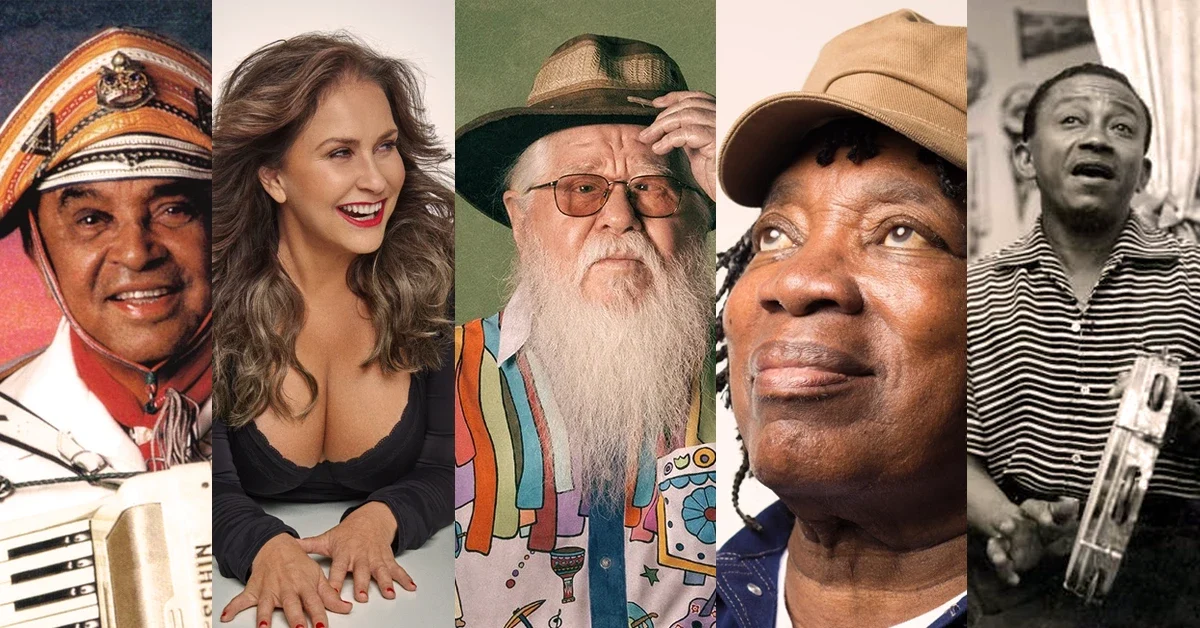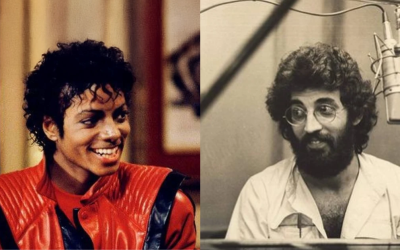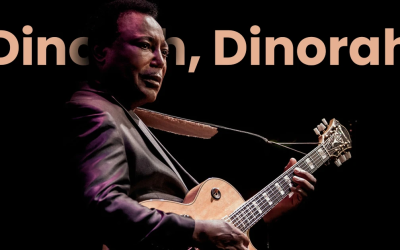When the world thinks of Brazilian Music Masters, names like Tom Jobim, João Gilberto, or Caetano Veloso often come to mind. While these artists are undeniably giants, their stories are largely rooted in the cosmopolitan scenes of Rio de Janeiro and São Paulo. But Brazil is a continent-sized country, a vibrant mosaic of cultures, rhythms, and traditions that extend far beyond these two major cities.
The true depth of music diversity Brazil offers lies in its vast regional landscapes, where unique sounds and legendary artists have flourished, often with less international fanfare but immense cultural impact. These are the voices that tell the stories of the sertão, the Amazon, the mountains of Minas Gerais, and the vibrant Northeast.
In this article, we’ll journey through Brazil to celebrate five extraordinary Brazilian artists who became Brazilian Music Masters by drawing deeply from their regional roots, shaping the nation’s sound in profound ways, and proving that musical genius knows no single address
1. Luiz Gonzaga: The King of Baião (Pernambuco, Northeast)
No discussion of regional Brazilian music is complete without Luiz Gonzaga. Born in Exu, Pernambuco, in 1912, Gonzaga is universally known as the “King of Baião” and is arguably the most important figure in popularizing Northeastern Brazilian music across the entire country.
His music, primarily forró and baião, tells tales of the harsh life in the sertão (backlands), the beauty of the landscape, and the resilience of its people. Gonzaga’s signature sound, featuring the accordion (sanfona), zabumba (bass drum), and triangle, became synonymous with the Northeast. He brought the sounds of the rural poor to national radio and stages, breaking down barriers and fostering a sense of pride in regional identity.
His songs like “Asa Branca” (White Wing) are anthems of the Brazilian Northeast, speaking to themes of drought, migration, and hope. The song tells the story of a man forced to leave his homeland due to drought, promising to return when the rains come back and the white wing bird (asa branca) returns to sing in the caatinga.
Gonzaga didn’t just play music; he embodied the spirit of a region, making him an undeniable master whose influence is still felt in every corner of Brazil. His impact extends beyond music—he helped shape how Brazilians from other regions understood and appreciated Northeastern culture, breaking down prejudices and stereotypes.
2. Milton Nascimento: The Voice of Minas (Minas Gerais, Southeast)
While Minas Gerais is in the Southeast, its musical identity, particularly through the “Clube da Esquina” movement, is distinct from the urban centers of Rio and São Paulo. Milton Nascimento, born in Rio but raised in Três Pontas, Minas Gerais, is the quintessential voice of this unique musical landscape.
His music blends traditional Brazilian sounds with jazz, classical, and folk influences, creating a rich, complex, and deeply emotional tapestry. Nascimento’s voice, with its incredible range and emotive power, is instantly recognizable. Alongside collaborators like Lô Borges, Beto Guedes, and Fernando Brant, he forged a sound that was both universal and deeply rooted in the contemplative, mountainous spirit of Minas.
Songs like “Travessia,” “Maria, Maria,” and “Canção da América” are masterpieces that explore themes of friendship, social justice, and the human condition. The “Clube da Esquina” movement, named after the street corner where these musicians would gather, represented a new wave of Brazilian music that was sophisticated, politically conscious, and deeply spiritual.
Milton Nascimento’s artistry transcends genre, making him a global icon and a true Brazilian Music Master whose work continues to inspire generations. His collaborations with international artists like Pat Metheny, Wayne Shorter, and Herbie Hancock have brought Brazilian music to jazz audiences worldwide while never losing his connection to his Minas Gerais roots.
3. Fafá de Belém: The Amazonian Diva (Pará, North)
Moving north, to the heart of the Amazon, we find Fafá de Belém, a powerful vocalist who has championed the sounds of her home state, Pará. Born in Belém, Fafá rose to national prominence in the 1970s, bringing the vibrant rhythms of the Amazon, such as carimbó and lambada, to a wider audience.
Fafá de Belém’s music is characterized by her dramatic interpretations, strong stage presence, and a deep connection to the cultural expressions of the North. She has been instrumental in showcasing the unique blend of indigenous, African, and European influences that define Amazonian music. Her passionate performances and dedication to her roots have made her an enduring figure, proving that the rich biodiversity of the Amazon is mirrored in its equally rich musical heritage.
Her repertoire includes not only traditional Amazonian rhythms but also interpretations of Brazilian classics, always delivered with her distinctive vocal power and emotional intensity. Songs like “Filho da Bahia” and “Águas Passadas” showcase her ability to convey deep emotion while maintaining technical excellence.
She is a vital link in understanding the music diversity Brazil holds, particularly in representing the often-overlooked musical traditions of the Amazon region. Her work has helped preserve and promote Amazonian culture at a time when the region faces increasing environmental and cultural pressures.
4. Hermeto Pascoal: The Sorcerer of Sound (Alagoas, Northeast)
From Lagoa da Canoa, Alagoas, comes Hermeto Pascoal, often referred to as “O Bruxo” (The Sorcerer) due to his unparalleled musical genius and experimental approach. A multi-instrumentalist, composer, and arranger, Pascoal defies categorization.
His music is a wild, joyful, and often humorous exploration of sound, incorporating everything from traditional Brazilian rhythms to avant-garde jazz, and even sounds produced by everyday objects like teapots, toys, and animals. Hermeto Pascoal’s improvisational prowess and his philosophy that “all sounds are music” have made him a legendary figure worldwide.
He has collaborated with jazz greats like Miles Davis, who famously called him “one of the most important musicians in the world.” Despite his global recognition, Pascoal’s music remains deeply connected to the natural sounds and cultural nuances of Brazil, particularly the Northeast. His compositions often incorporate field recordings of nature, street sounds, and everyday life, creating a unique sonic landscape that is both avant-garde and deeply rooted in Brazilian reality.
Pascoal’s approach to music-making is revolutionary—he treats every sound as potential music, from the cry of a pig to the whistle of a kettle. This philosophy has influenced countless musicians and expanded the very definition of what music can be. He is a master who pushes the boundaries of what music can be, making him a truly unique and influential Brazilian Music Master.
5. Jackson do Pandeiro: The King of Rhythm (Paraíba, Northeast)
Another titan from the Northeast, Jackson do Pandeiro, born José Gomes Filho in Alagoa Grande, Paraíba, was a master percussionist and singer whose rhythmic genius earned him the title “King of Rhythm.” Active from the 1950s, Jackson was a virtuoso on the pandeiro (a Brazilian tambourine) and possessed an incredible ability to interpret and blend various Northeastern rhythms, including coco, embolada, forró, and frevo.
Jackson do Pandeiro’s unique vocal style, often mimicking the percussive sounds of his instruments, and his infectious energy made his songs irresistible. He brought a sophisticated rhythmic complexity to popular music, influencing countless musicians across Brazil. His hits like “Sebastiana” and “Chiclete com Banana” are iconic examples of his ability to fuse regional sounds with broader appeal.
His mastery of rhythm was so complete that he could make his voice sound like a percussion instrument, creating complex polyrhythmic patterns that seemed impossible for a single performer. This technique, combined with his deep knowledge of Northeastern folk traditions, made him a bridge between traditional and popular music.
Jackson do Pandeiro’s legacy is a testament to the rhythmic richness of Brazil and his status as a foundational Brazilian Music Master. His influence can be heard in the work of contemporary artists who continue to draw inspiration from his innovative approach to rhythm and his celebration of Northeastern culture.
Beyond the Postcard: The True Sound of Brazil
These five Brazilian Music Masters represent just a glimpse of the incredible talent and diversity that thrives outside the well-trodden paths of Rio and São Paulo. Their stories remind us that Brazil’s musical heart beats strongly in every region, fueled by unique cultural expressions, historical narratives, and an unwavering passion for sound.
To truly understand Brazilian music, one must listen beyond the familiar, explore the hidden Brazilian music gems, and appreciate the vast tapestry woven by artists who draw inspiration from every corner of this magnificent country. Their contributions are not just regional treasures; they are essential threads in the vibrant, global fabric of Brazilian music.
Each of these masters brought something unique to the national conversation: Luiz Gonzaga gave voice to the Northeast’s struggles and beauty; Milton Nascimento elevated Brazilian music to spiritual and artistic heights; Fafá de Belém showcased the Amazon’s rich cultural heritage; Hermeto Pascoal expanded the very definition of music itself; and Jackson do Pandeiro demonstrated the sophisticated rhythmic complexity that underlies all Brazilian music.
Their legacies continue to influence new generations of musicians, proving that authentic artistic expression, deeply rooted in regional identity, can achieve both national and international significance. They remind us that Brazil’s true musical wealth lies not in any single city or style, but in the incredible diversity of voices, rhythms, and stories that emerge from every corner of this vast and culturally rich nation.
- Luiz Gonzaga:
- “Luiz Gonzaga.” Wikipedia. en.wikipedia.org
- “Luiz Gonzaga: The King of Baião.” Google Arts & Culture. artsandculture.google.com
- Milton Nascimento:
- “Milton Nascimento.” Wikipedia. en.wikipedia.org
- “Clube da Esquina.” Wikipedia. en.wikipedia.org
- Fafá de Belém:
- “Fafá de Belém.” Wikipedia. en.wikipedia.org
- Hermeto Pascoal:
- “Hermeto Pascoal.” Wikipedia. en.wikipedia.org
- Jackson do Pandeiro:
- “Jackson do Pandeiro.” Wikipedia. en.wikipedia.org





